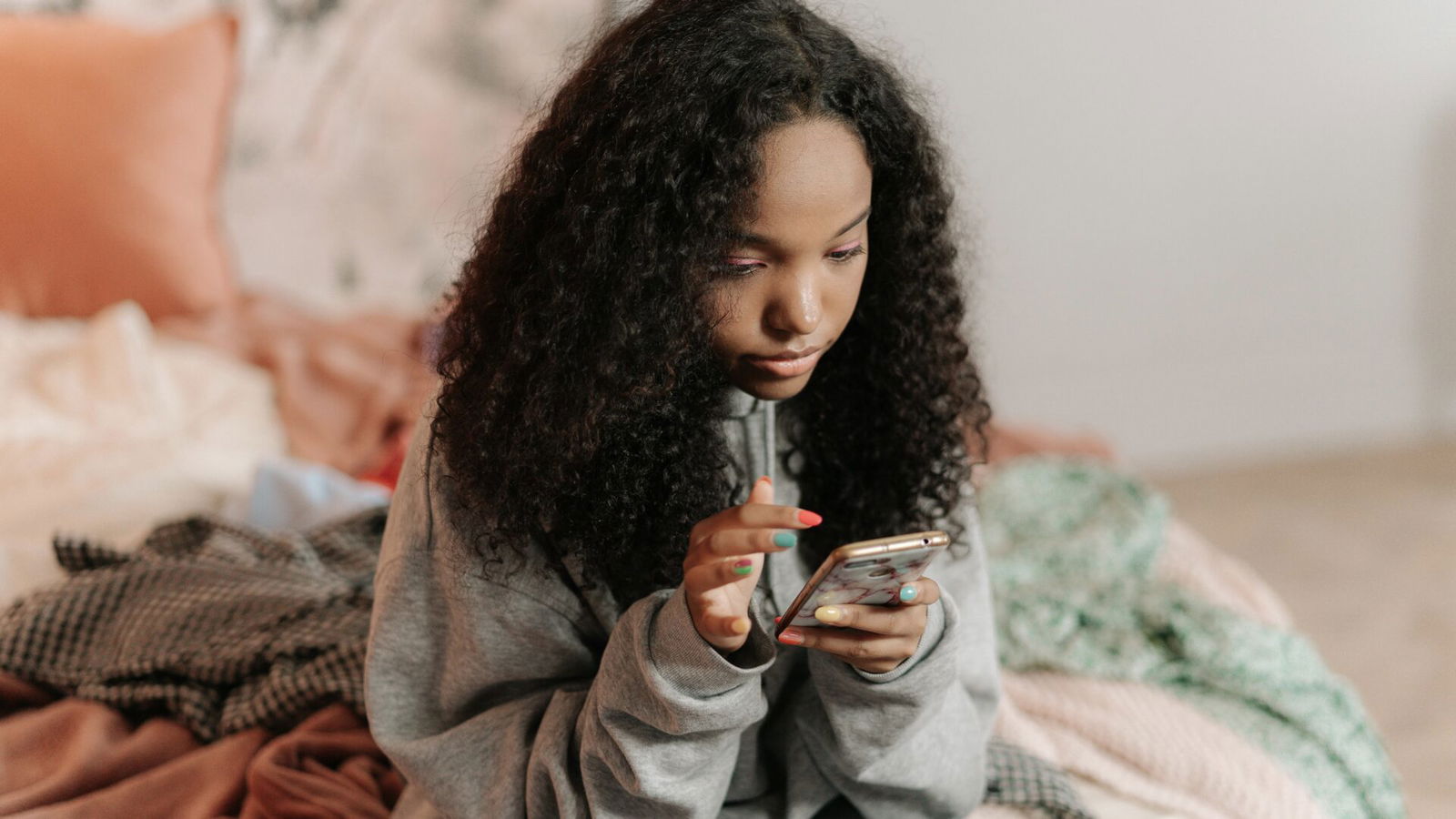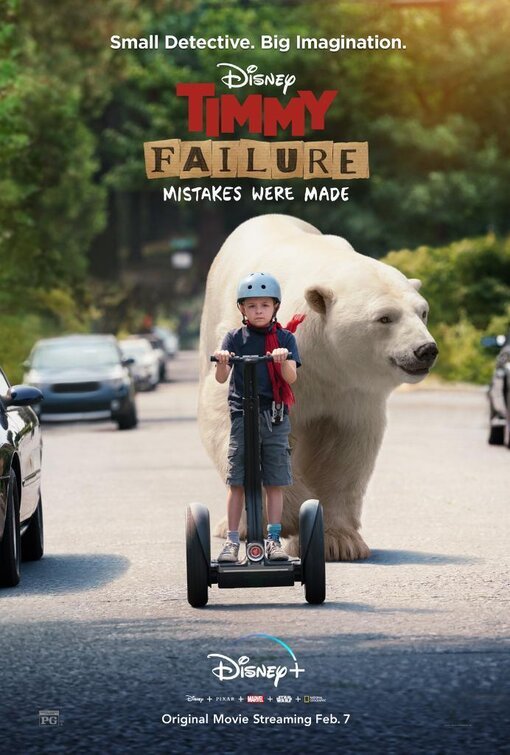
By Michaela Gordoni
Dr. Marc Siegel recently shared how parents and teens should counteract social media negativity with kindness and courage.
“Limits should be placed on social media, cell phone and internet use, and on video gaming time. Parents should set and example by limiting their own screen time and social media engagement,” Siegel wrote in an opinion piece.
“Dinner should be a time for open discussion, including about topics like the Kirk murder, which should not be off limits,” he shared. “But the focus should be on more positive interactions — kindness, caring, compassion and courage — all of which come through the same emotional centers of the brain as fear and hatred.”
In an interview with Fox News, the doctor pointed out that even seniors started out with video games when they were younger, but what we have today includes social media and portable handheld devices, often with limitless access to the internet. These present a lot more dangers than those old arcade games.
They draw “you in to a very negative reality,” he explained. “The FBI putting out warnings in March that there are people patrolling the video gaming world and trying to draw you in with all kinds of enticements only to put you down, only to bully you, only to fill your mind with violent images.”
Related: Influencer Warns Parents About Dangers of Social Media: ‘Cognitively Vulnerable’
Quoting a Wall Street Journal writer, he pointed out that social media numbs your conscience.
Therapist Meghan Breen explains it in detail: “Our amygdala, the brain’s alarm system, is constantly being triggered by the sheer volume of distressing information. When the amygdala is overactive, it impairs the function of our prefrontal cortex, the part of our brain that helps us regulate emotions and think rationally. (Our brains’ job is to protect us from discomfort).”
“This isn’t about being a bad person; it’s a natural response to emotional overload. It’s like our empathy muscles get fatigued. We see so much that it can start to feel like… nothing,” she said. “Seeing destruction and loss, death and constant injustice, the constant exposure has created a desensitization and almost distance that is honestly, scary!”
“It doesn’t mean you’ll end up producing violence like [Kirk assassin] Tyler Robinson…but you’re in that world of feeling poorly and feeling violent thoughts,” Siegel said.
To counteract that, people need to be kind, caring and compassionate.
“Parents should do that and set that example for kids,” Siegel said. “Don’t be afraid with what you’re child may ask you. They may ask you, ‘How did this happen?’ They may ask you about Charlie Kirk.”
“Answer them but show courage, not fear. Show love and kindness. And don’t show them the bad example of attaching to social media yourself,” he said.
An organization called Channel Kindness launched a social media campaign, Project Kindness, last year as a response to all of the negativity on social media.
“We aim to shift the focus from the often negative and overwhelming nature of social media to one that celebrates and promotes kindness,” the organization said. “Ultimately, Project Kindness is about more than just brightening up social media. It’s about reinforcing the idea that kindness can transform our interactions, both online and offline.”
Parents, you can set that example. Be kind, compassionate and diligent with your time.
Read Next: Parents, This Social Media Trick Isn’t Actually Protecting Your Child
Questions or comments? Please write to us here.


 - Content:
- Content: 

